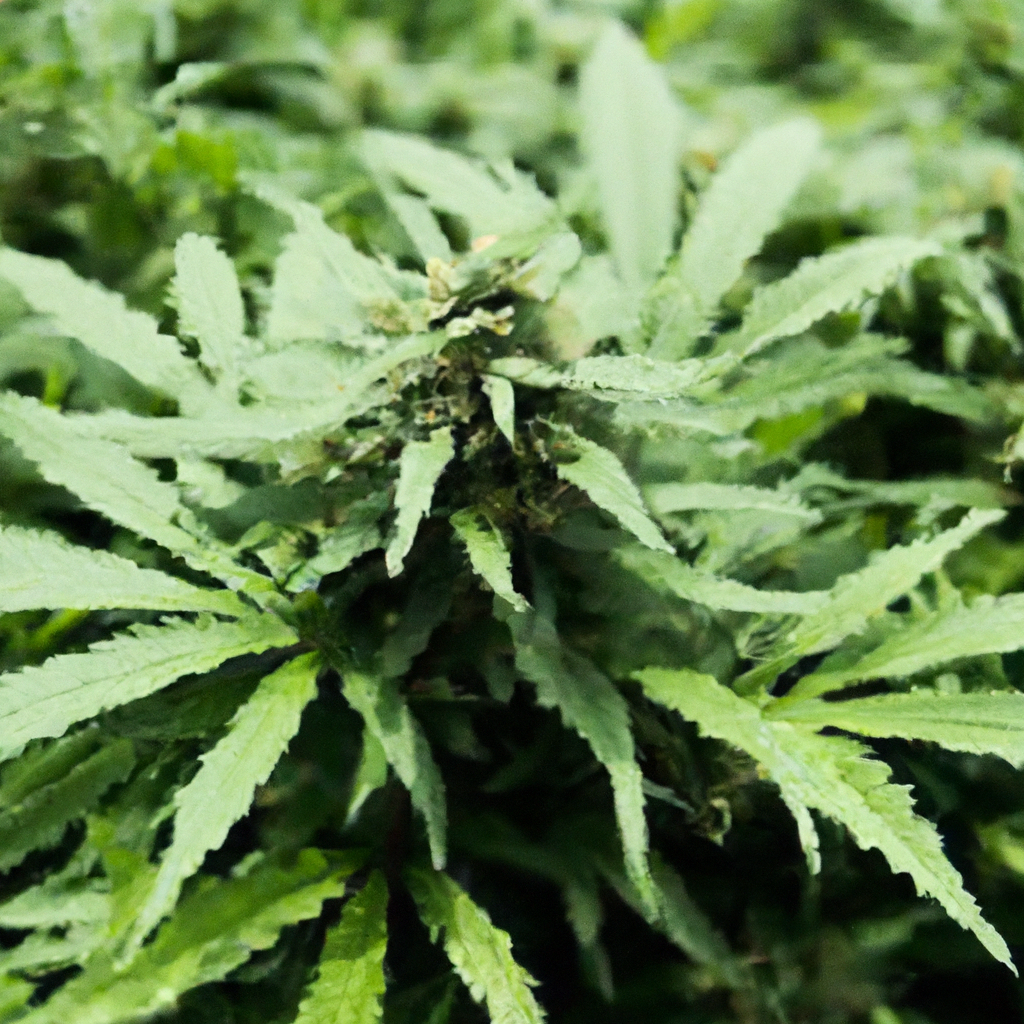Your cart is currently empty!
As cannabis cultivation evolves, a growing number of enthusiasts and professionals are turning to organic methods. The benefits of cultivating cannabis organically extend beyond healthier plants—they contribute to a safer environment and potentially offer a cleaner product for consumers. This article explores holistic and eco-friendly practices for growing cannabis without the use of synthetic chemicals.
Building a Sustainable Soil Ecosystem
Healthy soil is the backbone of organic cultivation. By fostering a thriving soil ecosystem, growers can enhance the natural fertility and resilience of their cannabis plants.
- Compost: Utilize kitchen scraps and yard waste to create an organic compost heap. Compost enriches the soil with essential nutrients and supports beneficial soil organisms.
- Cover Crops: Plant cover crops, such as clover or alfalfa, which naturally fix nitrogen into the soil, reduce erosion, and control weed growth.
- Beneficial Microbes: Introduce microorganisms like mycorrhizal fungi and bacteria, which help plants absorb nutrients more effectively while enhancing soil structure.
Natural Fertilizers for Robust Growth
Organic cultivation relies on natural fertilizers to supply essential nutrients to cannabis plants. These fertilizers promote healthy growth without harming the environment.
- Bat Guano: High in nitrogen and phosphorus, bat guano enhances plant growth and flowering while improving soil fertility.
- Seaweed Extract: Rich in micronutrients and growth hormones, seaweed extract boosts root development and stress tolerance.
- Fish Emulsion: A potent source of nitrogen, fish emulsion supports vigorous vegetative growth and improves the microbial health of the soil.
Organic Pest Control Techniques
Managing pests naturally is crucial for maintaining an organic garden. Employing non-toxic methods can protect cannabis plants without leaving harmful residues.
- Companion Planting: Grow pest-repellent plants like marigolds, basil, and garlic alongside cannabis to naturally deter common pests.
- Neem Oil: This organic insecticide targets a wide range of pests and can be applied as a foliar spray, disrupting pest growth cycles without affecting beneficial insects.
- Insecticidal Soap: Use insecticidal soap sprays to eliminate soft-bodied insects like aphids and spider mites safely.
Benefits of Organic Cannabis for the Environment and Consumers
Organic cannabis cultivation offers numerous advantages for both the ecosystem and the end-user. By avoiding synthetic compounds, growers protect local water sources and contribute to biodiversity. For consumers, organic cannabis often means a purer, more flavorful product free from chemical residues, which can be beneficial for health and aromatic enjoyment.
In conclusion, transitioning to organic methods in cannabis cultivation presents a holistic opportunity to ensure healthier growth, promote environmental sustainability, and produce a safe product for consumption. Embracing organic practices is an ethical choice that aligns with a growing global consciousness towards sustainable agriculture.


Leave a Reply